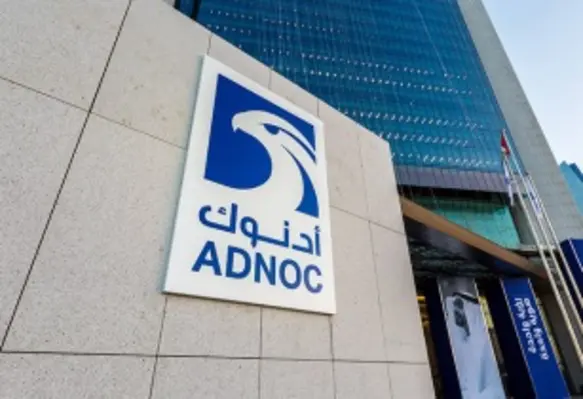Abu Dhabi National Oil Company (ADNOC) has signed a MoU and joint study agreements (JSA) with counterparts in Germany in order to accelerate and deepen collaboration in clean hydrogen
As part of its ambitious decarbonisation drive, the German government’s National Hydrogen Strategy expects clean hydrogen demand of up to three million tons per annum (mtpa) by 2030, of which around 60% is expected to be imported. Demand may grow to over 11 mtpa by 2050.
HE Dr Sultan Ahmed Al Jaber, UAE minister of industry and advanced technology and ADNOC managing director and group CEO, said, “The UAE and Germany have a deep, longstanding bilateral relationship and a growing partnership in clean energy, helping to enable and accelerate the global energy transition.”
Federal minister for economics and climate action HE Dr Robert Habeck said, “The accelerated scale-up of hydrogen supply chains is key for our transition to sustainable energy and for achieving the decarbonisation goals in line with our commitments under the Paris Agreement. Today’s agreements signal a decisive milestone towards meeting our climate action ambitions.”
Individual agreements with German companies Aurubis, RWE, GETEC and STEAG to explore opportunities for collaboration in low-carbon and renewable hydrogen derivatives, including the execution of the first low-carbon (blue) ammonia demonstration cargos, produced by Fertiglobe, from the UAE to Germany in 2022 for use in a variety of applications.
Fertiglobe is a key strategic partner for ADNOC in ammonia, and ADNOC will provide low-carbon ammonia to its partners in Germany that is produced by Fertiglobe at its Fertil plant in the Ruwais Industrial Complex in Abu Dhabi.
ADNOC entered into a JSA with Uniper and Hydrogenious of Germany and JERA to explore hydrogen transportation between UAE and Germany using Hydrogenious’ Liquid Organic Hydrogen Carrier (LOHC) technology. Under the agreement, the parties will explore the opportunity to scale up existing LOHC technology to help meet growing global demand for the transportation of hydrogen.










